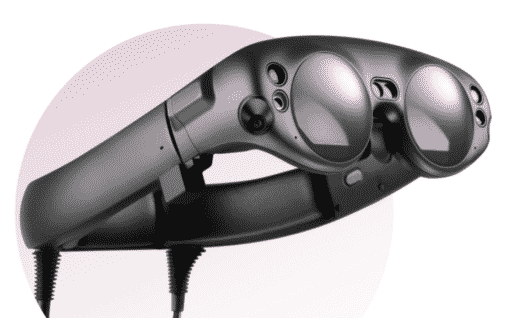Apple just bought all the patents from a small company called Liquidmetal Technologies, but we have no idea what they are planning to do with it. Watching the video demonstration, only one prospect comes to mind: Apple wants to build the first T-1000 liquid metal terminator!
Basically, this is a better metal with the best qualities of plastic. It’s also kind of crazy.
The Apple deal was disclosed in an August 5 SEC filing, giving the Cupertino company “a perpetual, worldwide, fully-paid, exclusive license” for all their technology:
On August 5, 2010, Liquidmetal Technologies, Inc., a Delaware corporation (“Liquidmetal”), entered into a Master Transaction Agreement with Apple Inc., a California corporation (“Apple”), pursuant to which (i) Liquidmetal contributed substantially all of its intellectual property assets to a newly organized special-purpose, wholly-owned subsidiary (the “IP Company”), (ii) the IP Company granted to Apple a perpetual, worldwide, fully-paid, exclusive license to commercialize such intellectual property in the field of consumer electronic products in exchange for a license fee, and (iii) the IP Company granted back to Liquidmetal a perpetual, worldwide, fully-paid, exclusive license to commercialize such intellectual property in all other fields of use (together with all ancillary agreements, the “Master Transaction Agreement”).
Why did Apple purchase exclusive rights to this seemingly wondrous metal technology? Reading about its properties and uses, it’s clear that Jobs and company think they have found a Philosopher’s stone. According to LiquidMetal technologies, their alloys join the strength and anti-corrosive nature of metals like titanium and stainless steel, with the benefits of plastics and composites, such as extreme flexibility and easy casting:
• 2.5 times the strength of commonly used titanium alloy with less weight
• 1.5 times the hardness of stainless steel with less weight
• 2-3 times more resistant to permanent deformation than conventional metals
• Non-corrosive
• Stain and rust proof
• Allows thinner walls in casings, with greater strength
• Allows for large surfaces maintaining thin skins without deformation
• Scratch resistant
• High thermal and electrical conductivity
They claim that these qualities come from the use of an amorphous atomic structure—which no structural metal has—and a chemical composition that can be fine-tuned depending on the manufacturing objectives. Their materials are already being used in all kinds of industries, from defense to medical to sports to space—like NASA’s Genesis spacecraft.
Source: Gizmodo.



